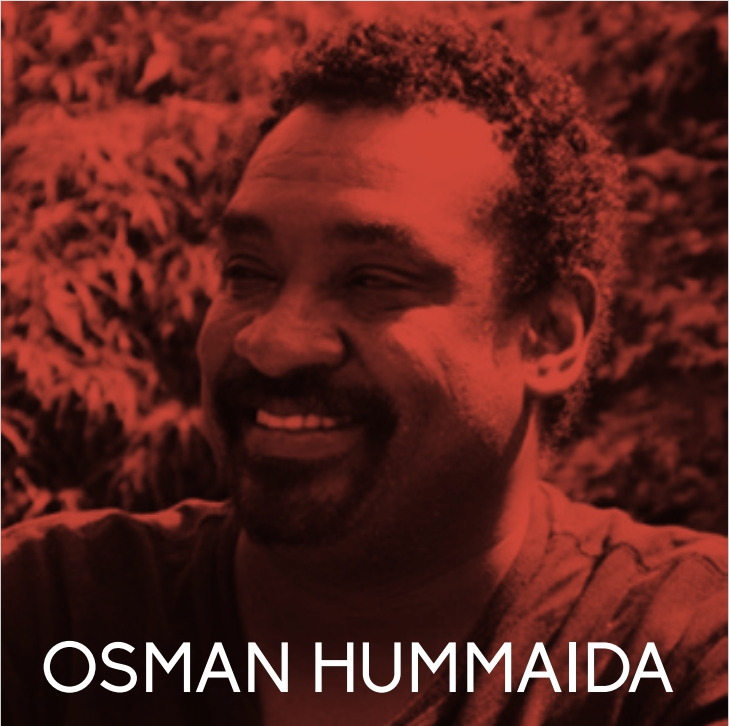EHAHRDP/Net is current a member of the Human Rights Council Network. This is a small network of NGOs from across the globe seeking to, amongst other things, re-enforce the engagement of southern NGOs with the Human Rights Council.
buy lipitor online www.mabvi.org/wp-content/themes/mabvi/images/new/lipitor.html no prescription
Along with two other HRC-Net members from Africa, the Cairo Institute for Human Rights Studies (CIHRS) and African Democracy Forum (ADF), EHAHRDP initiated a campaign aimed at preventing Egypt from being selected as the forthcoming HRC president. The letter, which was signed onto by 32 NGOs from 20 African countries, and was sent out to African Ministries of Foreign Affairs (MFAs) as well as to other key states, generated significant discussion and also a certain amount of unease amongst the rather negative Egyptian mission in Geneva who later pulled out of the nomination process. Ambassador Martin Ihoeghian Uhomoibhi of Nigeria was finally selected as the 2008-2009 session President.
buy doxycycline online www.mabvi.org/wp-content/themes/mabvi/images/new/doxycycline.html no prescription
DefendDefenders’ oral statements at HRC61
Oral statements delivered during the 61st session of the UN

